A history of Hezbollah's tensions with Israel
Iran-backed group's military capabilities make it a much 'more dangerous opponent to Israel' than Hamas
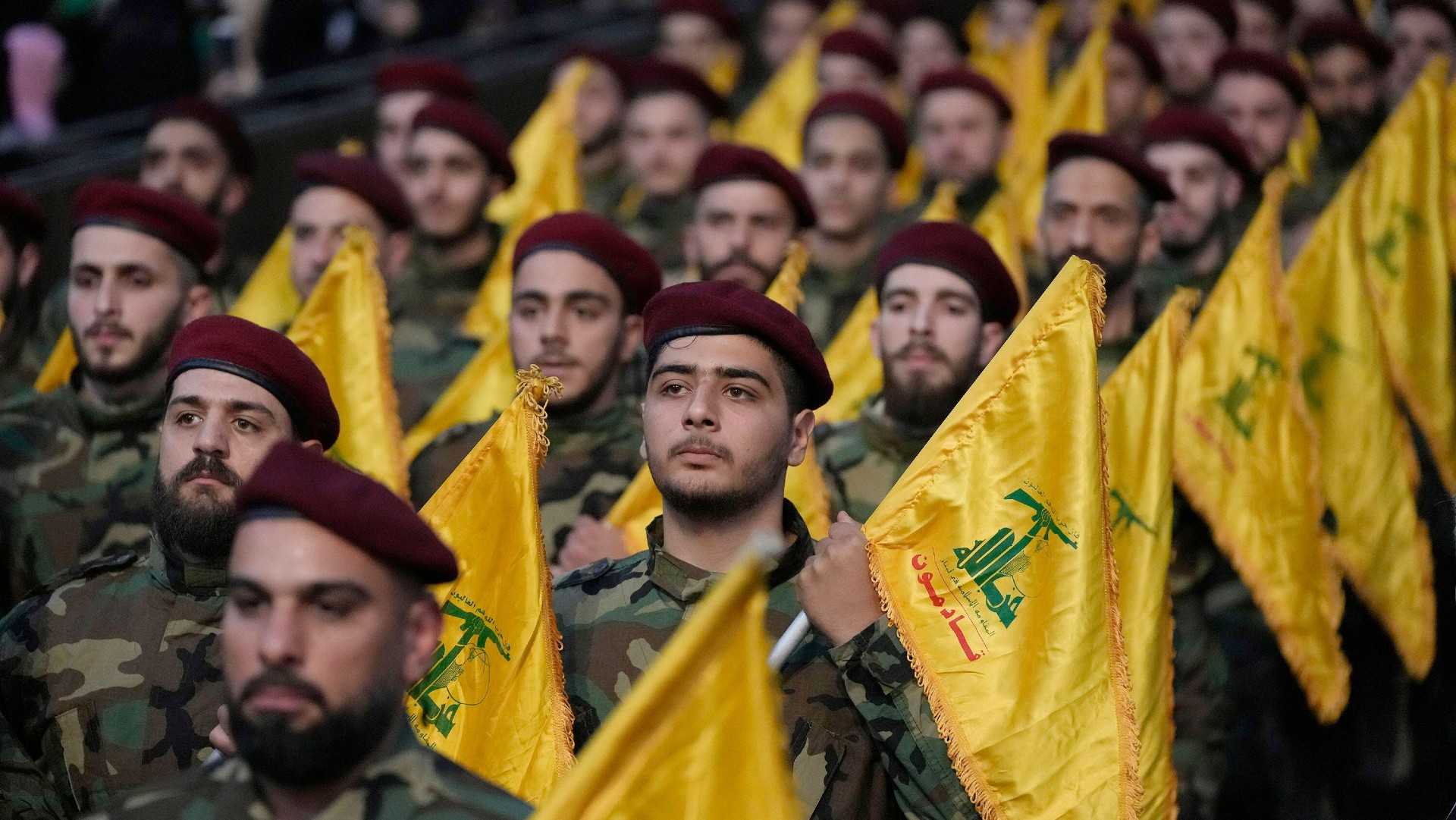
A free daily email with the biggest news stories of the day – and the best features from TheWeek.com
You are now subscribed
Your newsletter sign-up was successful
Israel's prime minister Benjamin Netanyahu has warned Hezbollah against making the "biggest mistake of their lives" by entering its war against Hamas.
The group, which wields significant power as a political party and militant group in Lebanon, has been exchanging artillery fire with Israel's military on their shared border since Hamas's deadly attacks on 7 October. This has escalated fears that an outbreak of hostilities between the long-standing enemies could spark a regional conflict that brings in Iran and even the US.
If Hezbollah decides to fully join the conflict "it will be nothing short of a game-changer", Firas Maksad, a senior fellow at the Middle East Institute in Washington, told CNBC. Compared to Hamas, Hezbollah is "a much more formidable fighting force and widely recognized as the most powerful nonstate military in the world", he added. Its involvement would have huge consequences "not only for Israel, but also for the entire region".
The Week
Escape your echo chamber. Get the facts behind the news, plus analysis from multiple perspectives.

Sign up for The Week's Free Newsletters
From our morning news briefing to a weekly Good News Newsletter, get the best of The Week delivered directly to your inbox.
From our morning news briefing to a weekly Good News Newsletter, get the best of The Week delivered directly to your inbox.
How did Hezbollah emerge?
Founded in 1982 by a group of radical Shia clerics in the midst of the Lebanese civil war (1975-1990), with backing from Iran’s Revolutionary Guard, Hezbollah, or the Party of God, has been blamed for "major and bloody acts of violence in Lebanon, against Israel and internationally too", said The Guardian.
While its original manifesto stated the group's goal was to expel the Christian-affiliated Lebanese Social Democratic Party, as well as Israel, France and the US, from Lebanon, Hezbollah's "main enemy" has long been Israel, said Kali Robinson for the Council on Foreign Relations.
Hezbollah was the only militia to keep its weapons at the end of the civil war in 1990, and it continued to fight Israeli forces occupying the country's predominantly Shia south, according to Reuters. Years of guerrilla warfare led Israel to eventually withdraw in 2000 but a full-blown war erupted in 2006 after Hezbollah crossed into Israel, kidnapping two soldiers and killing others. The resulting conflict lasted five weeks and claimed the lives of 1,200 people, mostly civilians, in Lebanon, and 158 Israelis, most of them soldiers.
Designated as a terrorist organisation by the US and UK, Hezbollah pioneered the use of mass casualty suicide attacks and is believed to be responsible for the 1994 bombings of a Jewish community centre in Argentina, which killed 85 people, and the Israeli Embassy in London. In 2012, a suicide bomb targeting a bus carrying Israeli tourists in Bulgaria killed six people, with the EU blaming Hezbollah.
A free daily email with the biggest news stories of the day – and the best features from TheWeek.com
How did it consolidate influence?
In the years since 2006, tensions between Hezbollah and Israel have remained "relatively dormant", said Al Jazeera, even as its political and paramilitary wings have grown in size and influence. The party marked its integration into mainstream politics in 2009 after amending its charter to be more open to democracy, and gained vital battlefield experience during the Syrian civil war, where it played a crucial role supporting the Assad regime. It has spent much of the last decade engaged in fighting in Iraq and Yemen.
With the backing of Iran, estimated by the US to run to hundreds of millions of dollars a year, Hezbollah is "a well-resourced armed group with a medium-sized force that can defeat most Arab armies", said Time. Analysts put the size of its fighting force between 50,000 and 100,000, making it "the most powerful non-state actor" in the region, Hilal Khashan, professor of political science at the American University of Beirut, told the magazine.
While there is no evidence of direct involvement in the Hamas attacks earlier this month, experts see the influence of Hezbollah. The attacks, said Matthew Levitt, from the Washington Institute for Near East Policy, were "straight out of the Hezbollah playbook".
What are the chances of war today?
With "more sophisticated weaponry, well-trained and battle-experienced troops, and closer ties to Iran", Hezbollah's military capabilities "far outweigh those of Hamas, making it a more dangerous opponent to Israel", said ABC News.
If Hezbollah's leaders, most likely taking direction from Tehran, decide in favour of escalating current hostilities, this "could lead to a bloody and difficult two-front conflict for Israel and so – potentially – to a regional conflagration as Syria, Iran, the US and other actors become involved", reported The Guardian.
Yet as Lebanon faces the worst economic crisis in its history, with triple-digit inflation and a currency that has lost more than 90% of its value since 2019, the group "doesn't have the domestic popular support it had in 2006 to support a military operation in Israel's current war with Hamas", said CNBC.
Some analysts believe that Hezbollah, though dedicated to the destruction of Israel, has "too much to lose to risk an all-out conflict, given its political and extensive commercial interests", said The Guardian. Instead, it is looking to provoke a "short, limited war" rather than a full-blown regional conflict.
With Netanyahu threatening to hit Hezbollah with "unimaginable force" that would mean "devastation for them and the state of Lebanon", a military move from the group would represent a huge gamble.
-
 Health insurance: Premiums soar as ACA subsidies end
Health insurance: Premiums soar as ACA subsidies endFeature 1.4 million people have dropped coverage
-
 Anthropic: AI triggers the ‘SaaSpocalypse’
Anthropic: AI triggers the ‘SaaSpocalypse’Feature A grim reaper for software services?
-
 NIH director Bhattacharya tapped as acting CDC head
NIH director Bhattacharya tapped as acting CDC headSpeed Read Jay Bhattacharya, a critic of the CDC’s Covid-19 response, will now lead the Centers for Disease Control and Prevention
-
 How long can Nato keep Donald Trump happy?
How long can Nato keep Donald Trump happy?Today's Big Question Military alliance pulls out all the stops to woo US president on his peacemaker victory lap
-
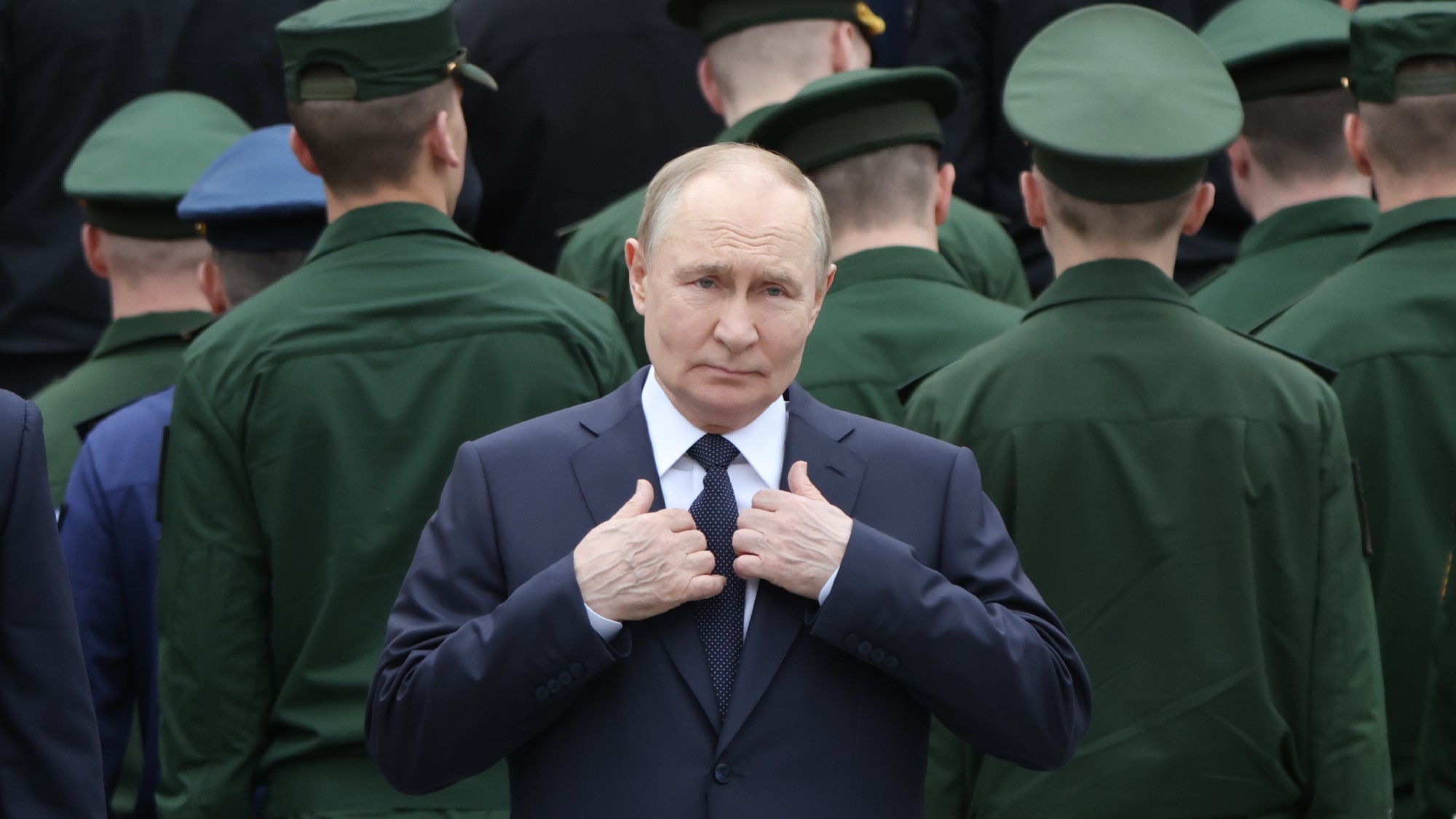 How far would Russia go for Iran?
How far would Russia go for Iran?Today's Big Question US air strikes represent an 'embarrassment, provocation and opportunity' all rolled into one for Vladimir Putin
-
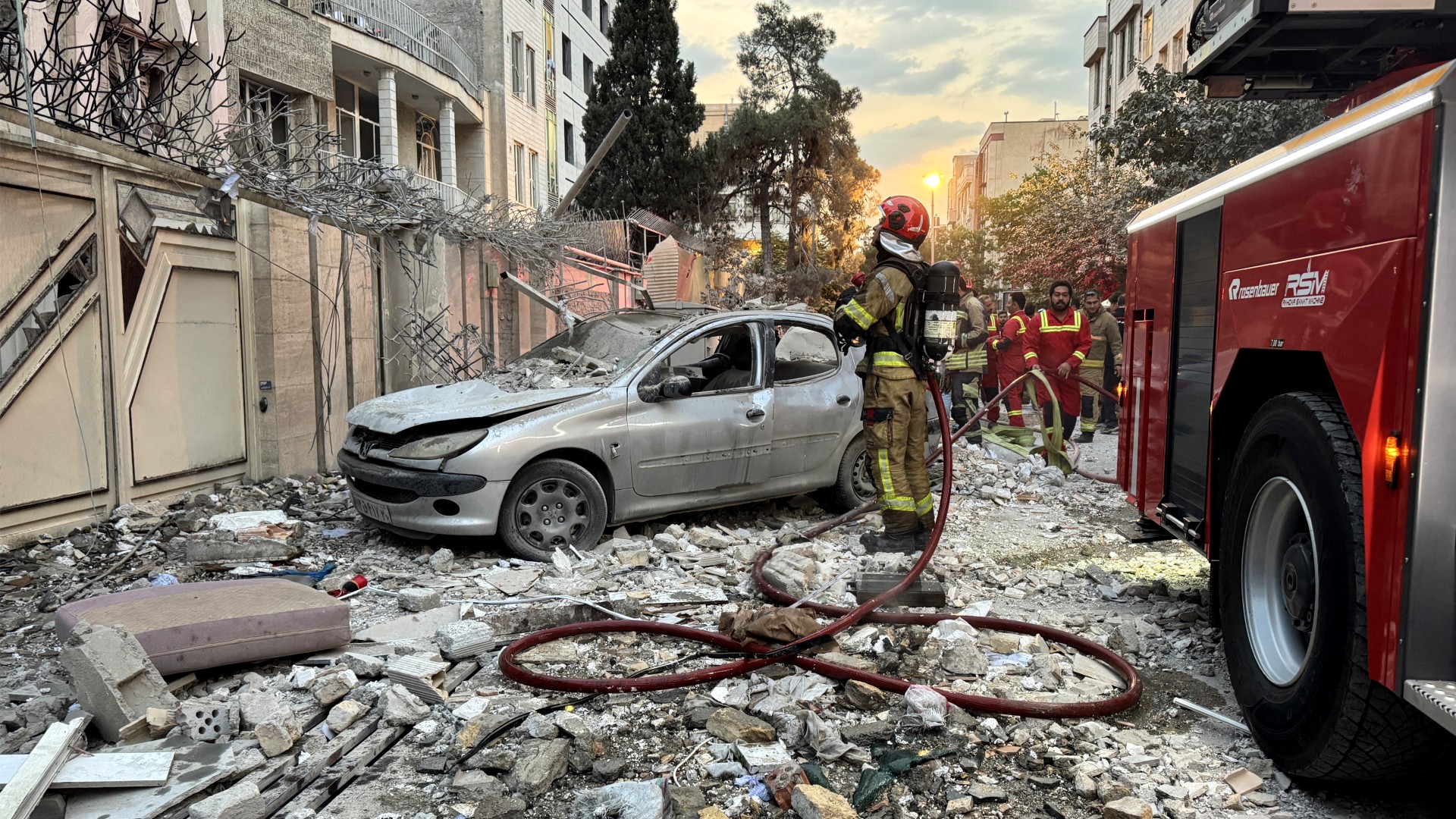 How the Israel-Iran conflict broke out
How the Israel-Iran conflict broke outThe Explainer Israel's strike on Iran's nuclear and missile programmes was years in the planning
-
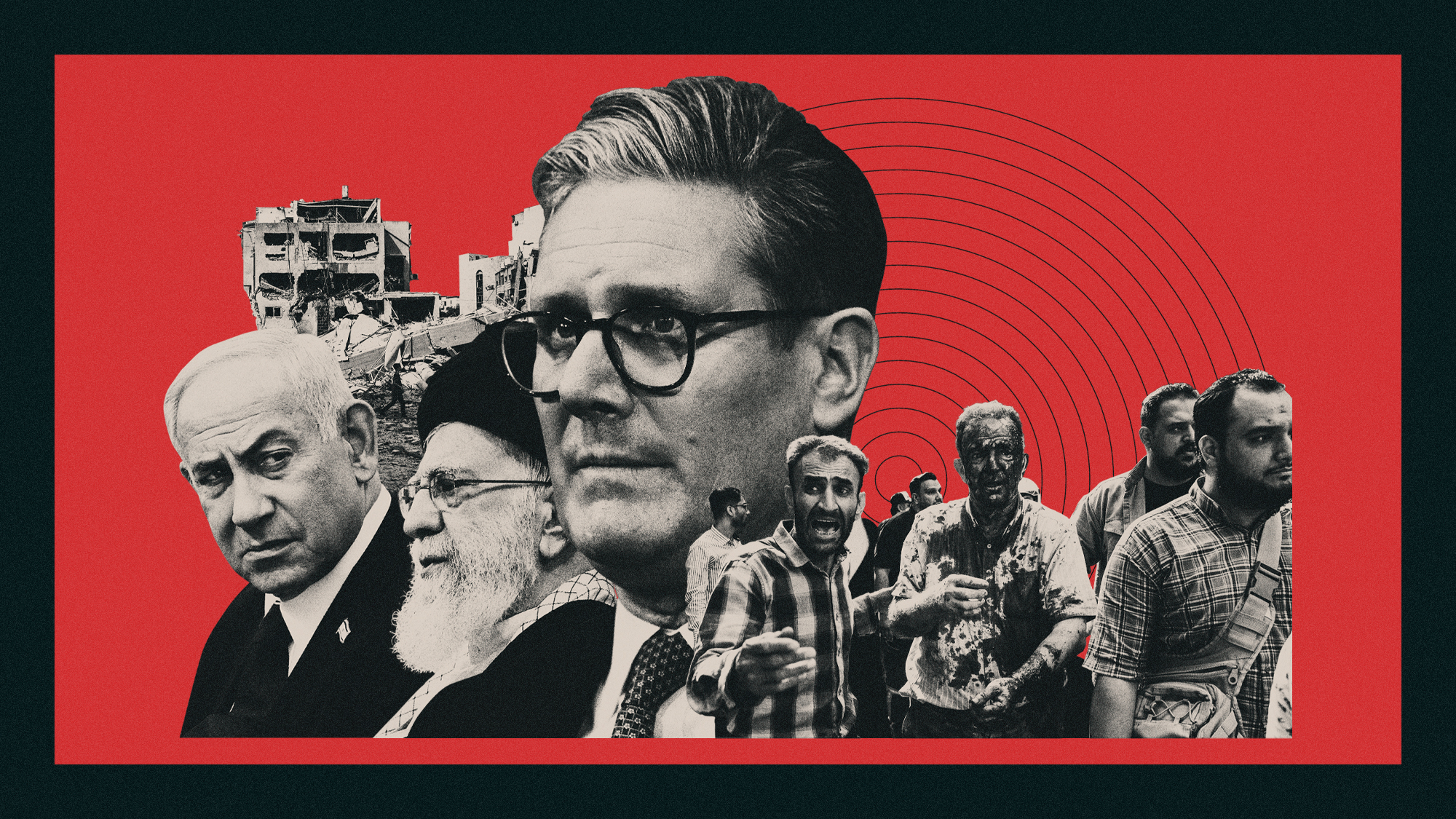 Will the UK get involved in the Israel-Iran conflict?
Will the UK get involved in the Israel-Iran conflict?Today's Big Question Keir Starmer is 'walking a tightrope' in helping Israel limit Tehran's nuclear capabilities without being seen to do so
-
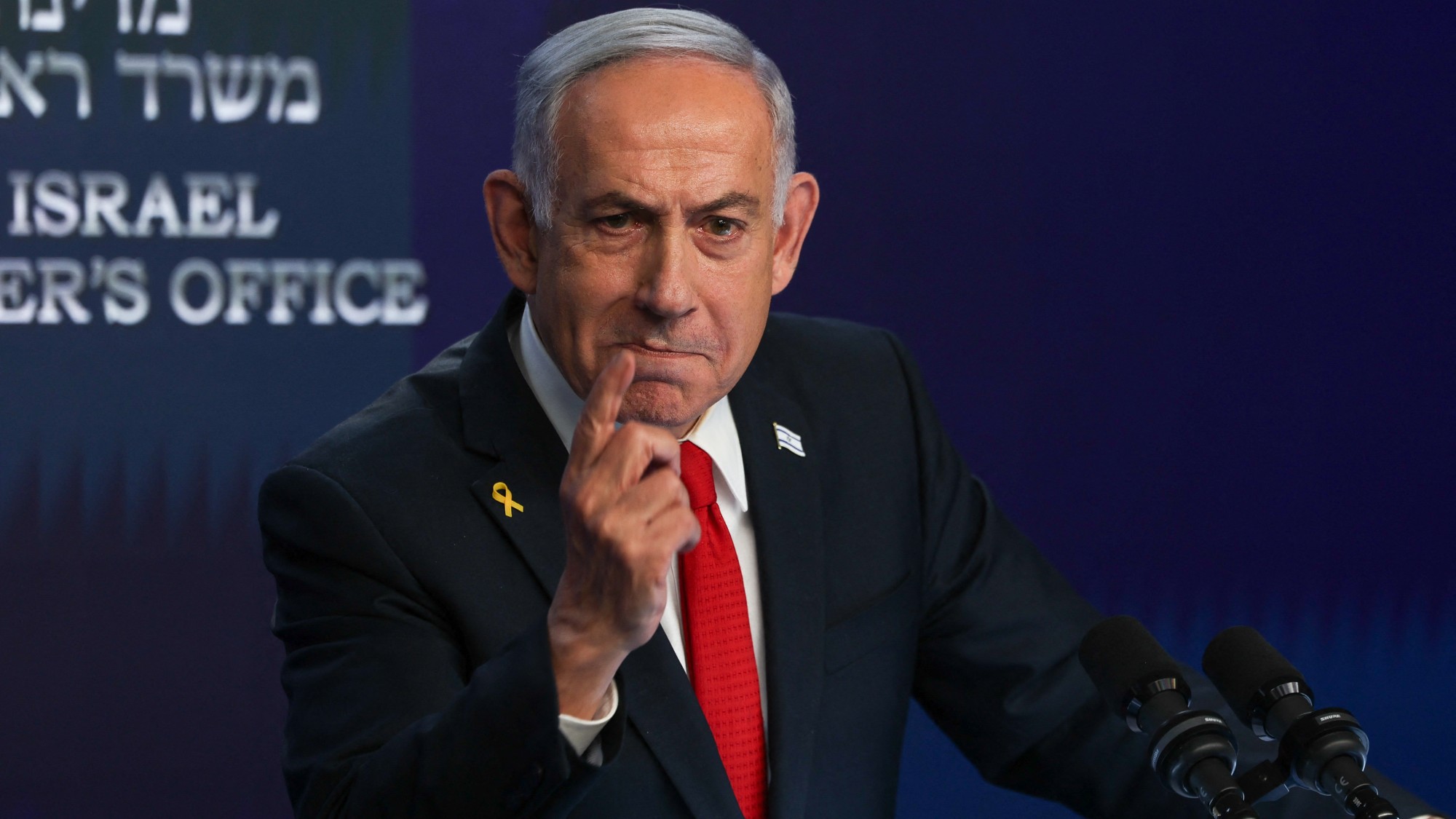 What happens if Israel attacks Iran?
What happens if Israel attacks Iran?TODAY'S BIG QUESTION Israel is 'ready to strike' and Tehran has plans for counterattacks against the US as nuclear talks appear deadlocked
-
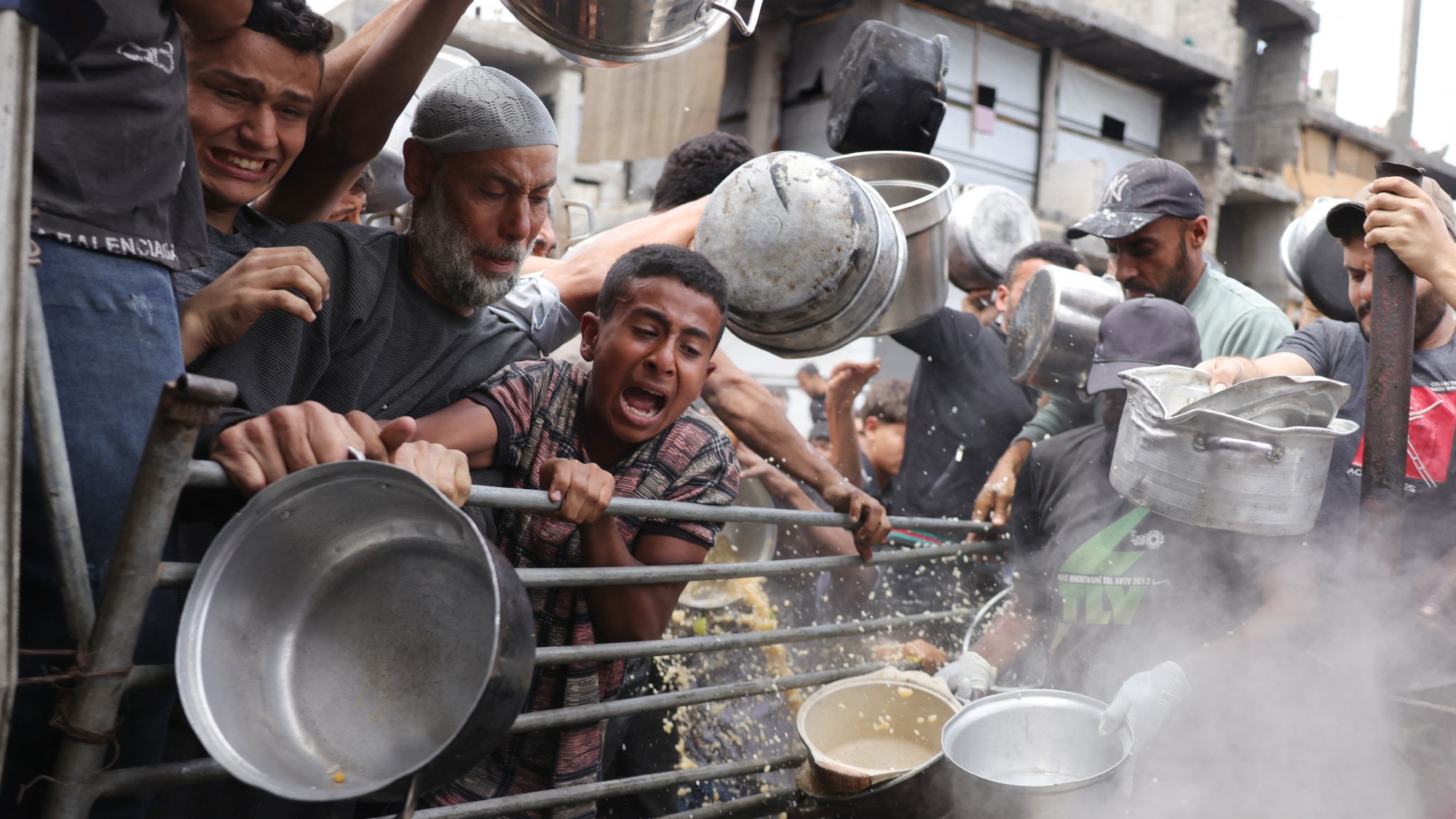 Is Israel finally feeling the heat on Gaza?
Is Israel finally feeling the heat on Gaza?Today's Big Question Benjamin Netanyahu allows aid to resume amid mounting international pressure and growing internal turmoil
-
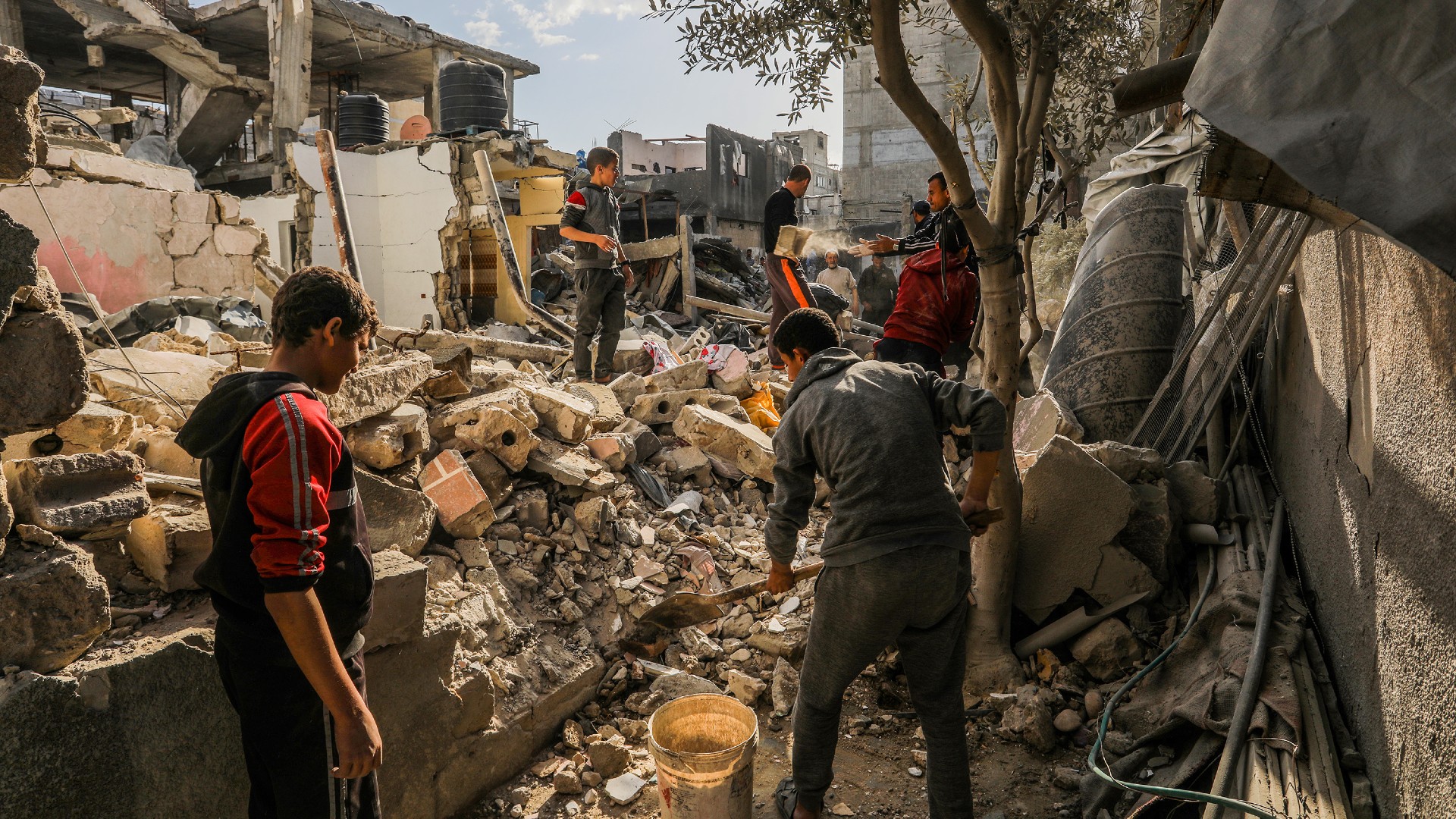 Israeli air strikes in Gaza: why has ceasefire collapsed?
Israeli air strikes in Gaza: why has ceasefire collapsed?Today's Big Question Start of 'broader and more sustained military operation' denounced by domestic groups representing hostage families
-
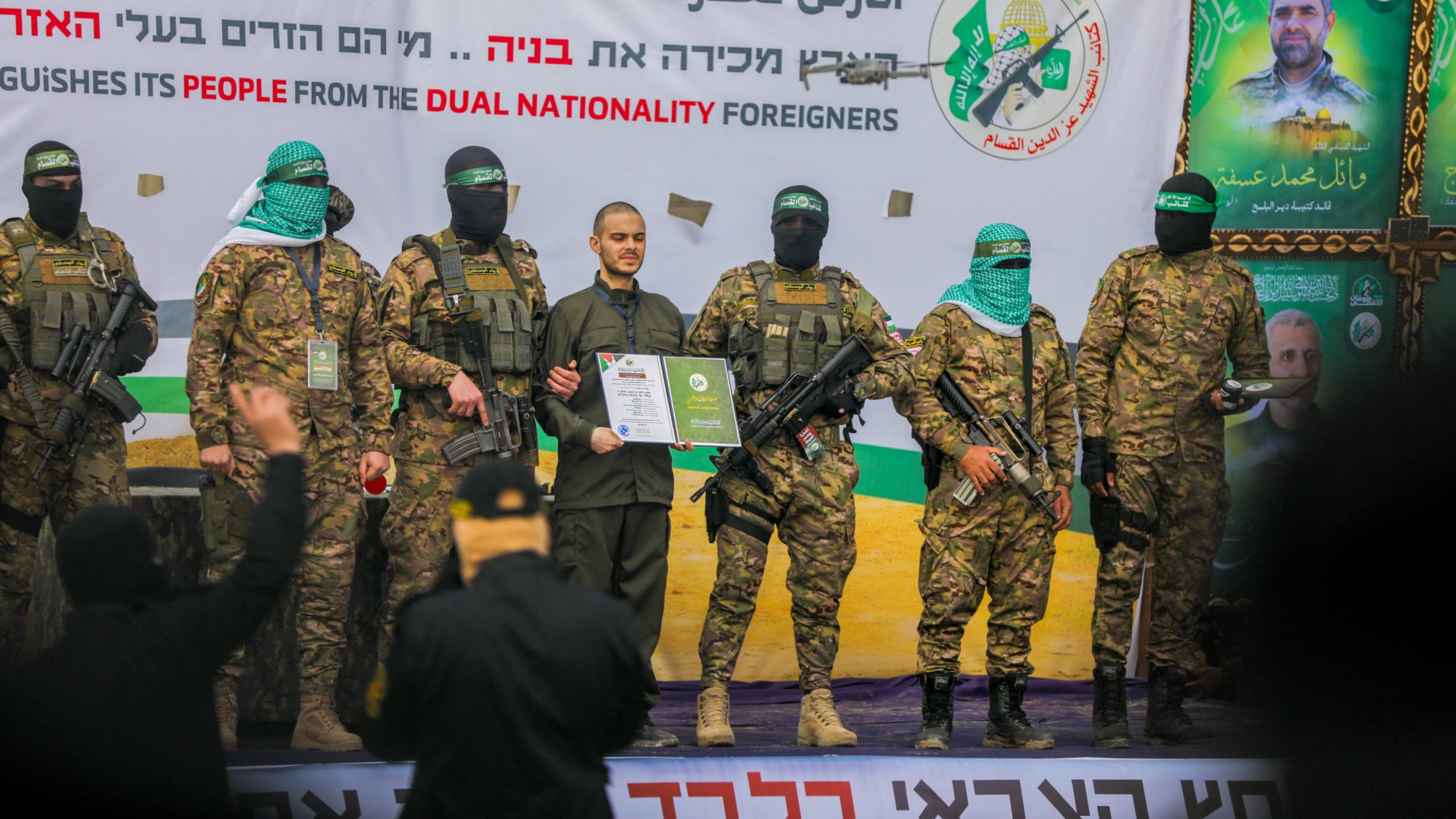 Is Gaza ceasefire deal about to fizzle out?
Is Gaza ceasefire deal about to fizzle out?Today's Big Question Israel and Hamas accuse each other of deliberately breaking first phase of the fragile truce, which is set to expire on Saturday